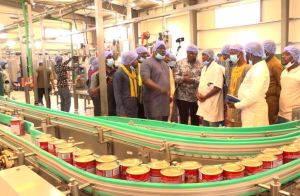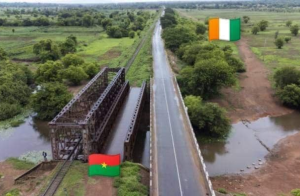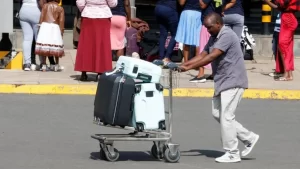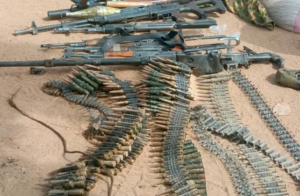Côte D’Ivoire / The ban on alcoholic energy drinks: A Hard Blow for Ivorian traders

Abidjan, Côte D’Ivoire – The recent ban on the import, production, and sale of alcoholic energy drinks by Ivorian authorities has caused a significant economic disruption among local merchants.
Many retailers and wholesalers, who had stockpiled these drinks before the ban, are now facing substantial financial losses.
Official justification questioned
According to the authorities, this drastic measure was implemented for public health reasons.
The ban aims to counter the supposed dangers of mixing these drinks with Tramadol, a painkiller often used recreationally.
However, this justification is contested by several observers who believe it fails to address the root problem.
Despite the ban, young people continue to mix Tramadol with other alcoholic beverages such as beer, whiskey, and champagne, effectively circumventing the initial measure.
Economic repercussions for Merchants
For Ivorian merchants, this ban has devastating consequences. The stockpiled alcoholic energy drinks, now unsellable, represent a significant financial loss for many in the sector.
This situation threatens the survival of some local businesses, exacerbating economic difficulties in an already fragile context.
Suspicions of unfair competition
Some analysts suspect that the real reason behind this ban might be economic or even competitive in nature.
Influential companies could have pushed the authorities to adopt this measure to eliminate competing products from the market.
This hypothesis raises questions about the transparency and fairness of decisions made by Ivorian authorities.
Calls for reconsideration
In light of this situation, many are calling on Ivorian authorities to reconsider their position. A ban that fails to resolve the initial problem and heavily penalizes local merchants is not a viable solution.
It would be more prudent to implement regulatory measures and awareness campaigns for responsible use, rather than banning a product to the detriment of the local economy.
Fatou ANKRA












